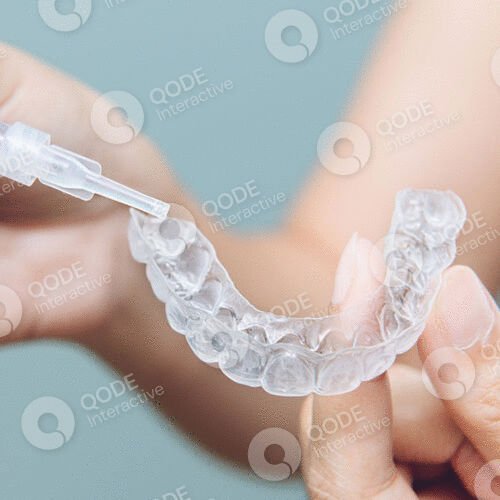What is Endodontics?
Endodontics is all about saving natural teeth by cleaning, disinfecting, and sealing the root canals inside them.

How to Prevent the Need for Endodontic Treatment?
Taking care of your teeth today can save you from complex dental treatments tomorrow.
Preventive care not only protects your natural teeth but also reduces the risk of infections that may require root canal therapy.
Stay ahead of dental problems by following these simple habits:

Brush and Floss Daily
Visit Your Dentist Regularly
Avoid Sugary and Acidic Foods
Wear a Mouthguard if You Grind Your Teeth
Address Cavities and Cracks Early
Did You Know?
Here at Dental Health, our certified surgeons use the latest technology to deliver expert care in a modern and welcoming clinic.

Traumatic Dental Injury Treatment
This service focuses on urgent care for teeth that have been knocked out, chipped, fractured, or moved due to accidents, sports injuries, or other trauma.
Quick and proper treatment is essential to save the affected tooth and prevent long-term damage.
Depending on the injury, treatment may involve repositioning the tooth, stabilizing it with a splint, performing root canal therapy, or monitoring for signs of infection or nerve damage.
Seeking care as soon as possible increases the chance of saving the tooth and restoring both function and appearance.




Root Canal Treatment
A root canal is a dental procedure used to save a tooth that is badly decayed or infected. Inside the tooth is soft tissue called pulp, which can become inflamed due to deep cavities, cracks, or trauma.
During treatment, the infected pulp is removed, the inside of the tooth is carefully cleaned and shaped, then filled and sealed to prevent reinfection. A crown is often placed afterward to restore strength and function.
Root canals help relieve pain, stop the spread of infection, and allow you to keep your natural tooth instead of extracting it.
Book Your Free Consultation Now!
What Happens If You Delay a Root Canal?
Tooth Loss
The longer the infection is left untreated, the more damage it causes to the internal and external structure of the tooth. Eventually, the tooth may become so weak and decayed that it can no longer be restored with a root canal or crown and must be extracted. Losing a tooth can affect your bite, chewing ability, and self-confidence.
Spread of Infection
When an infected tooth is left untreated, bacteria can travel beyond the root canal system and spread to the surrounding tissues, including the jawbone, gums, and even other parts of the body. This can lead to serious infections such as dental abscesses, swelling of the face, or even systemic infections like cellulitis, which may require hospitalization.
Increased Pain and Sensitivity
What may begin as mild discomfort can quickly escalate into sharp, throbbing pain. As the pulp inside the tooth becomes more inflamed and infected, sensitivity to pressure, hot, or cold temperatures worsens. This pain can become constant and unbearable, often interfering with daily activities like eating, drinking, or sleeping.
Damage to Surrounding Teeth
A decayed or infected tooth can impact neighboring teeth. The pressure caused by swelling or abscesses can shift teeth out of alignment, and bacteria may spread to adjacent roots or gum tissue, putting more teeth at risk. This can lead to a chain reaction of oral health problems if not managed in time.
More Complicated and Expensive Treatment Later
Delaying a root canal often turns a relatively simple procedure into a much more complex one. Instead of saving the tooth, you might end up needing surgical intervention, tooth extraction, and a dental implant or bridge—all of which are more time-consuming, invasive, and costly than a root canal performed early.
Stomatology
Before and After
Lorem ipsum dolor sit amet, consectetur adipiscing elit. Ut wisi enim ad minim veniam, quis laore nostrud exation.
BOOK APPOINTMENT

Stomatology
Our Gallery











